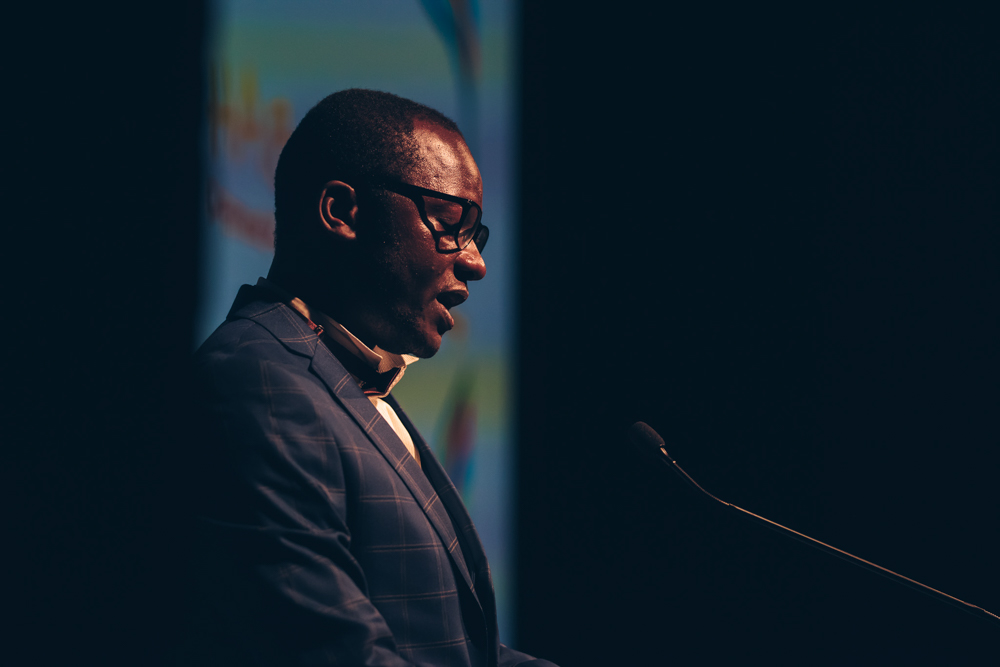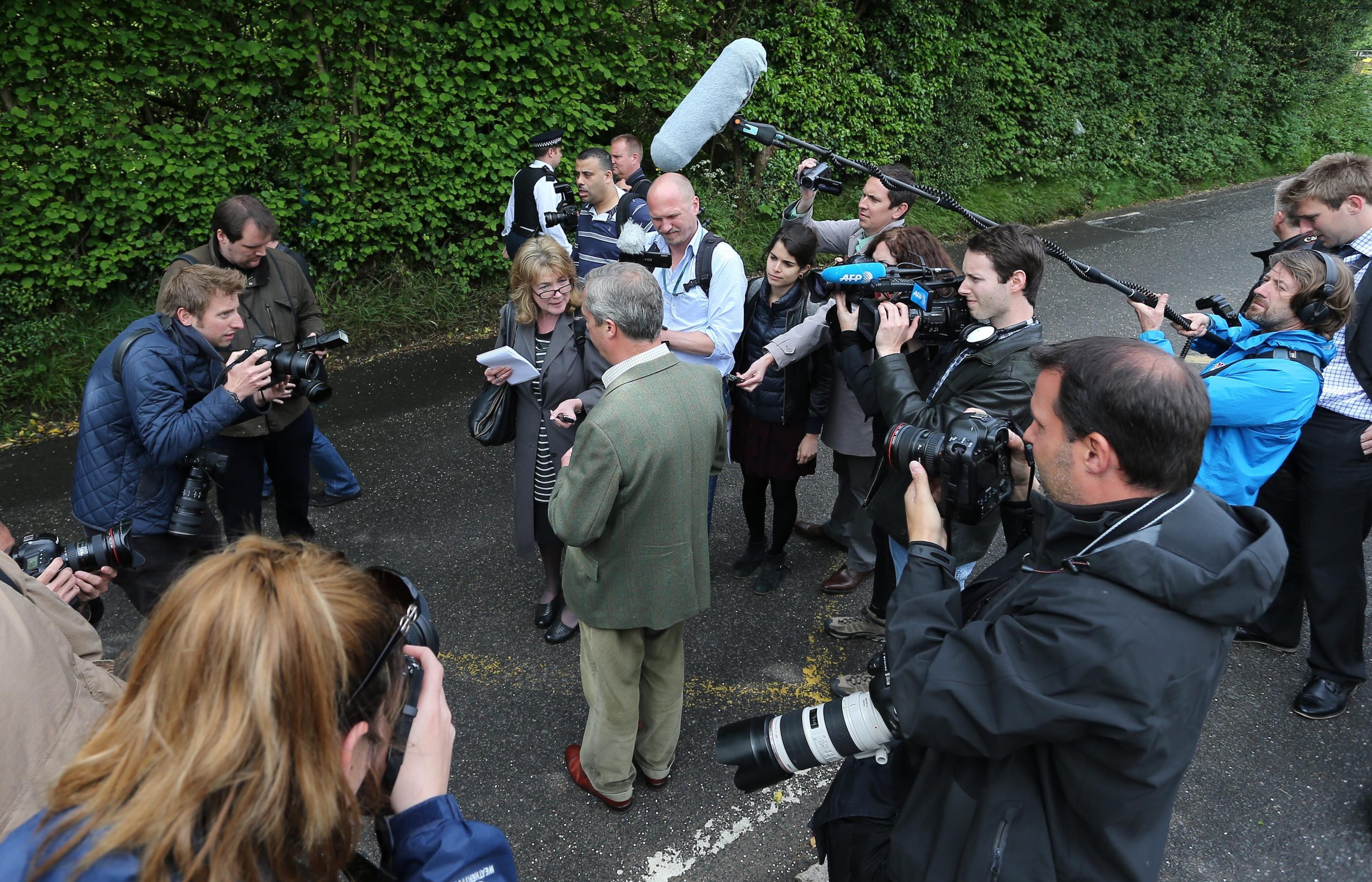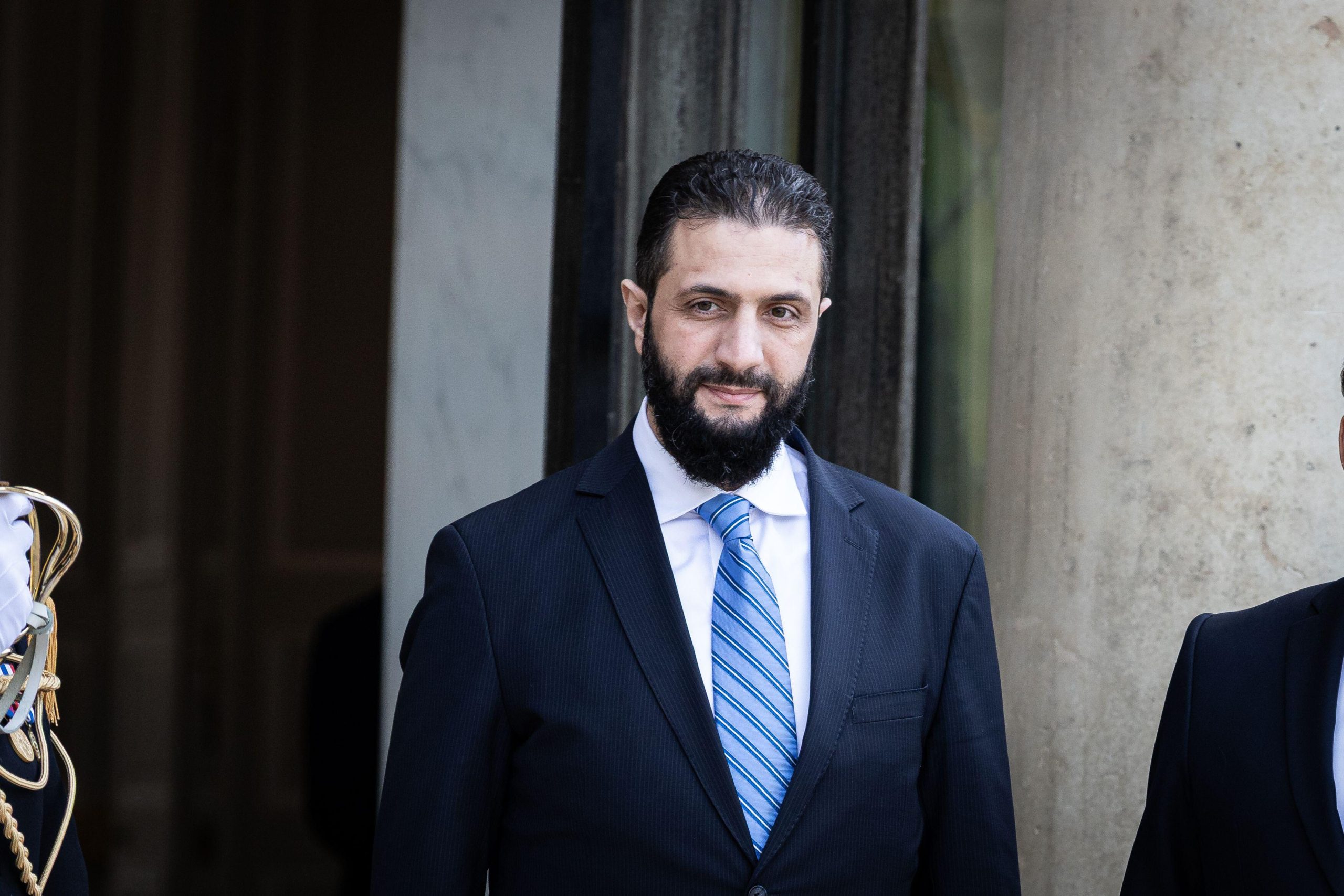[vc_row][vc_column][vc_column_text]
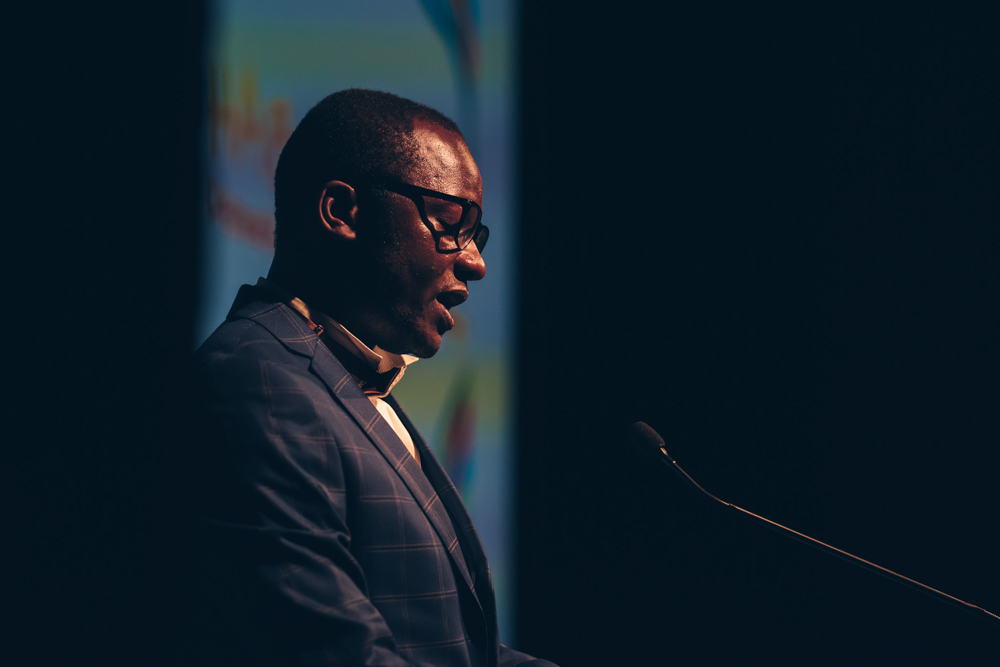
Guy Muyembe of the Digital Activism Award-winning Habari RDC at the 2018 Index on Censorship Freedom of Expression Awards (Photo: Elina Kansikas for Index on Censorship)
The Democratic Republic of Congo will go to the polls on 23 December to elect a successor to incumbent president Joseph Kabila, who has been in power since January 2001 when he inherited the position from his assassinated father. The election was originally scheduled for 27 November 2016, a delay that has caused many problems for the country.
“The only thing that is certain about the election is the uncertainty that comes with it,” Guy Muyembe, president of Habari RDC, the Index on Censorship Freedom of Expression Award Fellow for Digital Activism, tells Index. “Will it take place, will it not take place? How transparent will it be? In all likelihood, not very. And will the result tear the country apart?”
Launched in 2016, Habari RDC is a collective of more than 100 young Congolese bloggers and web activists who give voice to the opinions of young people from all over the Democratic Republic of Congo. In recent months, they have been working towards covering what could be the first democratic transfer of power in the country’s history.
“But in the end, it will most likely be the same people in power,” Muyembe says. “As for Kabila himself, if he remains in the country, he might be operating from the shadows. This is definitely not a reassuring prospect.”
This is a tense time for the DRC. The UN high commissioner for human rights Michelle Bachelet has expressed concern at violence against opposition rallies around the country in the run-up to the election. Bachelet called on the authorities to ensure “the rights to freedom of expression and peaceful assembly – essential conditions for credible elections – are fully protected”. Muyembe is also concerned about what all this means for those running in opposition to the ruling People’s Party for Reconstruction and Democracy: “They’re taking part in the campaign, but will they actually take part in the election in the end?”
During this period the risk factor for activists has been very high, Muyembe says. “They’re not protected legally, and it’s very easy to label them spies or start a crackdown against them.” The prospects for a free press in the country don’t look any better. Peter Tiani, a journalist for Le Vrai Journal, was arrested in November and faces a one-year jail term on defamation charges for reporting that a large sum of money was stolen from the home of Bruno Tshibala, the country’s prime minister. Tiani became a target because he reported on the second most powerful man in the DRC, Muyembe says.
“Even journalists who don’t explicitly view the government in a favourable way — those who aren’t necessarily negative but are neutral, as many are — are presented unfavourably by state media,” Muyembe explains. For those who are explicitly critical, he says, the situation can get even worse. With this in mind, Habari has put together some helpful advice for bloggers and citizen journalists.
Online freedoms too remain under strain in the absence of clear laws on the internet, Muyembe says. “While we do want to see such a law, we are also nervous because it could go in a very bad direction and is open to abuse.” As Habari has reported, the hacking of websites ahead of the election has facilitated both censorship and fake news.
Young Congolese people were at the forefront of calls for Kabila not to seek re-election, and Muyembe and his colleagues are keen to ensure that the voices of the country’s youth continue to be heard. Habari took part in Speak, a worldwide campaign organised by the NGO Civicus, in November, which sought to raise awareness and build global solidarity in an era when people around the world are facing increased attacks on their basic freedoms. Habari hosted the Gala of Peace, a meeting between young supporters of different political parties and members of citizen movements, that included theatre and dance as well as discussion.
“This year, the idea was to try to work on uniting people who’ve been divided, whether it’s on the social level or the political level,” Muyembe says. “This has much relevance in the DRC, for the divisions that exist between those people who are pro and anti-regime, between the old and young, between men and women and those of different tribes.”
The DRC is also right now in the middle of one of the worst Ebola outbreaks in its history, exacerbated by the ongoing unrest, making it impossible to transport adequate medical care to those in need. “This crisis is different this time around because it’s happening in a part of the country which has been severely affected by the war — the Kivu province in the east of the country,” Muyembe says. “Because of the war, there is a mass migration of the population there whenever there is an attack, which could turn into a major Ebola crisis as there’s a lot of people moving around.”
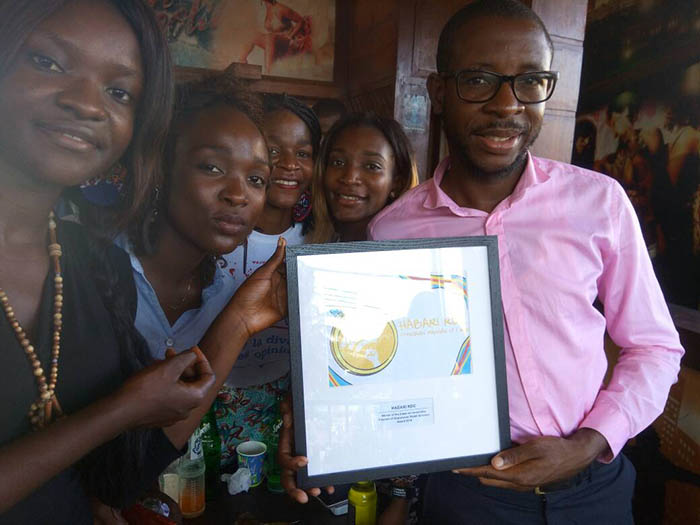
Next year will be a busy one for Habari in continuing to cover all of these issues. Going forward, the organisation’s biggest challenge, Muyembe says, is ensuring the project has a future as Habari’s partnership with RNW Media, a Dutch organisation that helps young people make social change, along with the essential funding from this relationship, ends in 2020.
However, becoming an Index on Censorship Fellow offers much hope, Muyembe says. “The award has increased how well-known the project is, and how serious it appears. If we now go to meet someone in Kinshasa to talk about the project, or go to an embassy to try to organise something, we are better received.”
For Habari, the training provided by Index, such as the virtual sessions on reporting on elections, has also been invaluable, Muyembe adds. The next training session, by Protection International in January, will focus on developing security and protection management strategies.
Muyembe says that people are often suspicious of organisations involving young people, but the Index award has made things a little easier in this regard. “Every day, colleagues have been telling me that they need to have a copy of the prize that they receive on their website,” he says. “It’s like a business card.”
[/vc_column_text][/vc_column][/vc_row][vc_row][vc_column][vc_basic_grid post_type=”post” max_items=”4″ element_width=”6″ grid_id=”vc_gid:1545229521275-5925950b-9a87-2″ taxonomies=”16143″][/vc_column][/vc_row]

